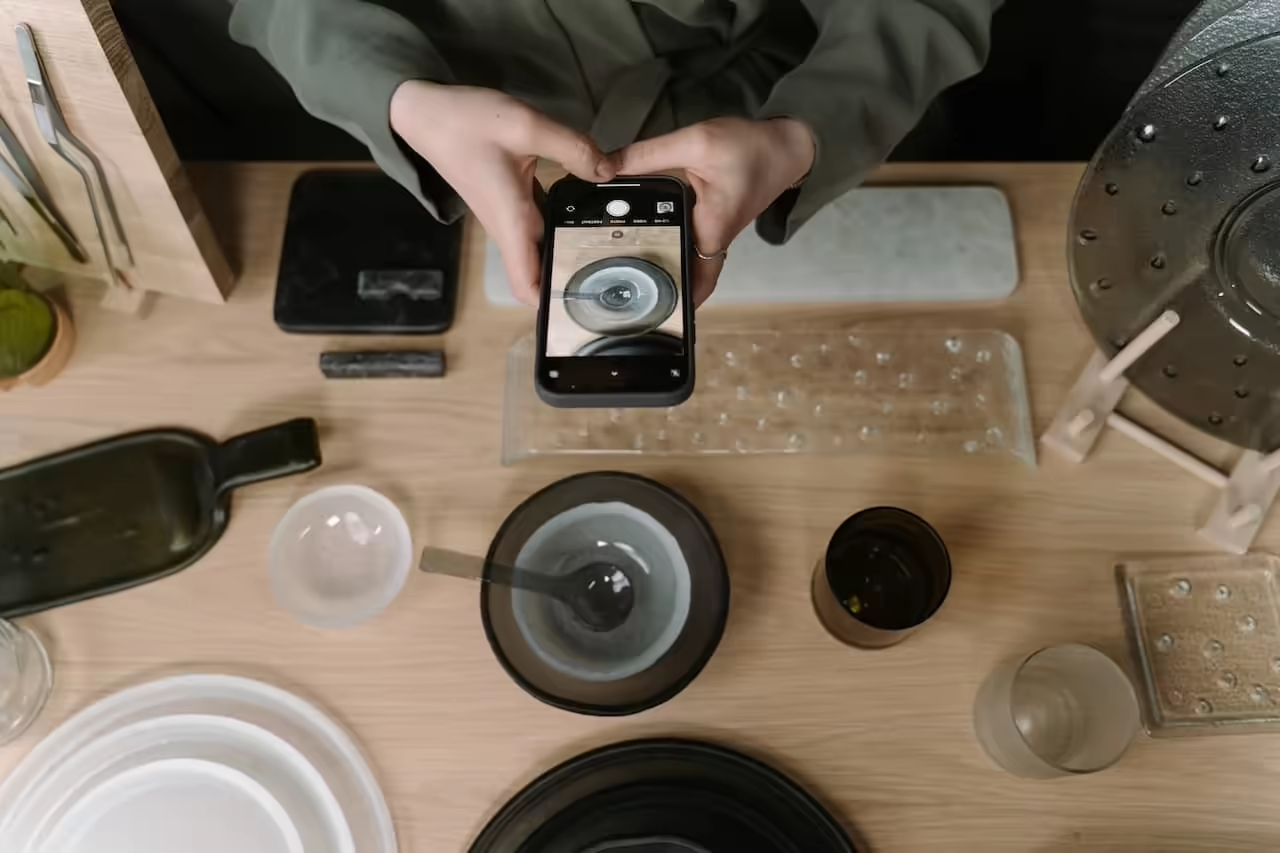More than 80 percent of consumers today claim that they need to trust a brand before they will comfortably purchase their goods or services. This makes effective, impactful, and transparent branding even more essential for new businesses that want to grow their audience. Powerful branding is great for visibility but also helps you create relevance that will prevent the common pitfalls that sink many startups.
Data shows that the United States alone sees around 4.4 million businesses start a year, and even the global shakeup of the pandemic didn’t stop new startups from launching. In a large sea of competition, it’s good to look at some of the best examples of entrepreneurs that made branding count. It may give you some crucial insight into setting yourself apart from the rest of the crowd.
Serve Robotics
The tech scene sees a lot of innovation in the digital age, so cutting it as a startup in this field is more than what you have to offer. It’s about creating a brand image and messaging that show consumers you prioritize transparency, feedback, and defined goals. Those are the major factors that ensure the success of any project.
Serve Robotics accomplished that by building off the established credibility of Uber Eats and hingeing on the likability of service robots as a concept. Since its launch, it remains the leading autonomous sidewalk delivery company leaning into its open goal of using tech to shape sustainable delivery. From their name down to the form of their robotics, they have cornered the market with their branding.
Alchemist
When you hear the name Alchemist, you immediately think of powerful concoctions created by mysterious experts, philosophy, transformative creations, and philosophy. This is a Copenhagen restaurant that completely embodies the brand it set out to create. It’s a great example of building cohesion through various platforms and creating hype around it.
It boasts holistic cuisine that you dine on through an immersive experience that lasts around five hours. The website, marketing, name, social media presence, and the space itself completely stick to a cohesive brand that their messaging pushes. Since its launch, it has been deemed a 2-star Michelin spot and has been included in lists of the best global restaurants from the likes of CNN and Vanity Fair.
Houseplant
Houseplant has a name that you could feasibly create using a solid business name generator. The clincher is how it relates to the two main services this business has – selling curated and designed pieces to decorate the home, and producing quality limited accessories for smoking.
It’s simply about finding the right keywords, knowing what makes your startup relevant, and seeing what name would stand out to represent your specific niche. Every product you can find in their collections is undoubtedly within the same realm, and you don’t even have to think twice before knowing exactly where it came from. It doesn’t hurt that its double-entendre branding easily comes across due to the public image of its founders Seth Rogen and Evan Goldberg. On top of banking on this visibility, it also manages to create branding that speaks to the target market directly instead of trying to appeal to a generic audience.
Insurify
Insurify is one of only 25 venture-backed startup companies that Forbes has predicted to hit billion-dollar valuations by 2023. This is one of the cases where the branding isn’t overcomplicated and uses a streamlined vision and materials to create profitability. Even its online platform does away with any frills so that users get the service they want right away.
Its success comes from not only creating a service that there is demand for but also establishing itself as a reliable and efficient provider. Quality content is still a major factor in brand awareness and creating a positive perception within your target market. The more trust you build, the more you cultivate brand loyalty and expand your audience. Insurify is a huge example of how content-based branding can be the success factor in an industry that is filled with competitors and scams.
Related: 7 Unique Branded Merchandise Ideas for a Corporate Conference: Elevate Your Brand Presence
Hello Fresh
A major part of branding in the digital age is tapping into relevant avenues that reach potential consumers in a way they don’t dislike or ignore. People see an average of four to ten thousand ads a day, so it’s not just about getting an ad there for the sake of it. Hello Fresh has been going strong for more than a decade because it was one of the early adopters of one of the most effective streams of marketing today - influencers.
Whether you watch long-form content on YouTube or short posts from Instagram or TikTok, you’ve likely come across a content creator that has touted Hello Fresh as their sponsor. These creators simply get their own meal from Hello Fresh and share exactly how fresh and convenient it is to their viewers. Existing bases are great targets for branded marketing because online consumers are statistically more likely to trust the opinion of an actual person reviewing a product. Subscription management systems have now grown by 72 percent from 2017 to 2022.



